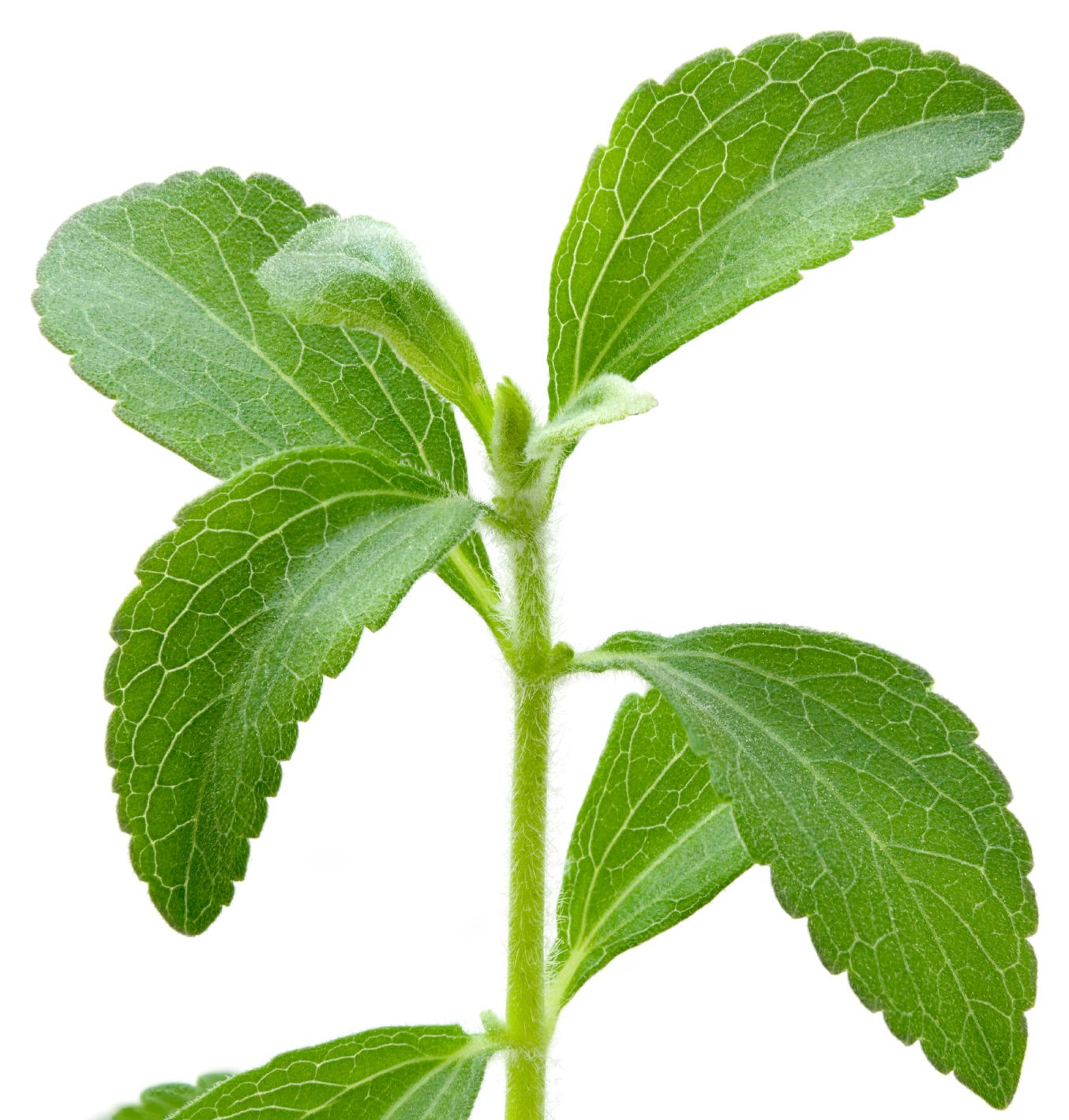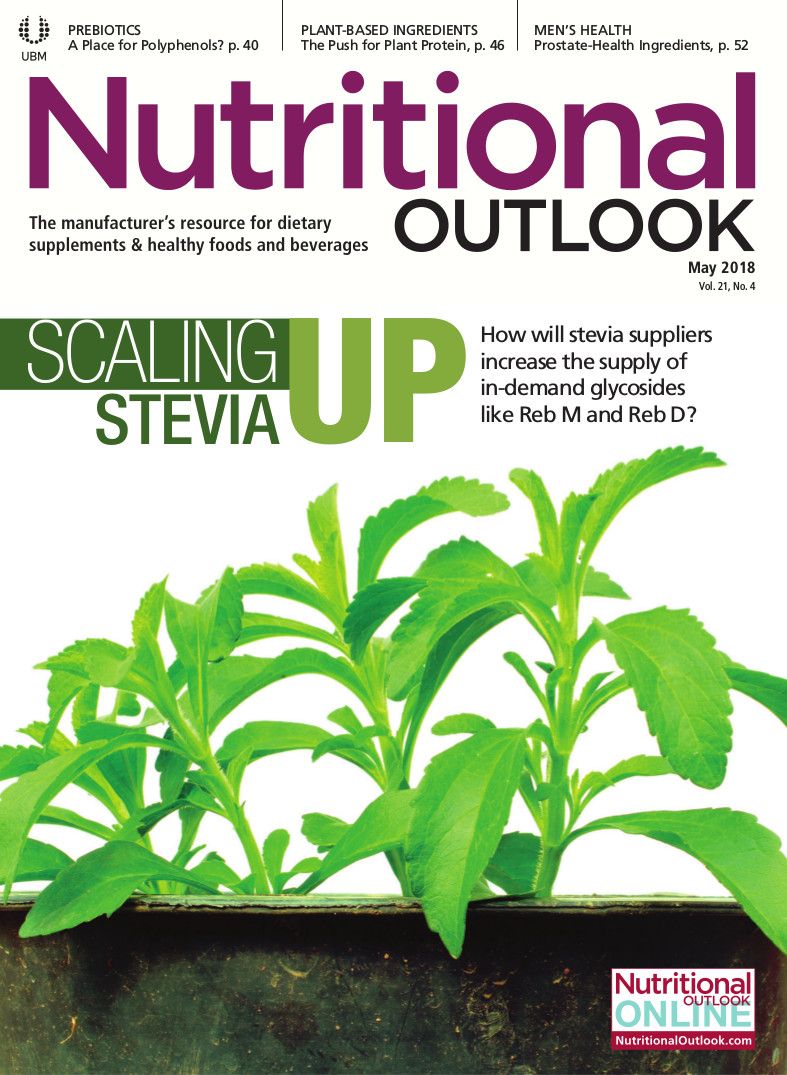Why Is Organic Stevia So Difficult to Achieve?
“It appears…that supply of organic stevia will not catch up with demand for a few more years,” says one industry expert.
Photo © iStockphoto.com/Suljo

Even as consumer demand for organic products grows at double-digit rates, per latest USDA estimates, challenges remain for sourcing organic stevia, for various reasons. Suppliers say that it is difficult, for instance, to find an appropriate and affordable supply of organic ethanol, which is used in organic-stevia extraction.
Another challenge is finding stevia ingredients that are truly pesticide-free, says Margaret Gomes, director of marketing for supplier NP Nutra (Gardena, CA). She notes that it is difficult to grow stevia without the use of pesticides. Recently, however, her company announced it has added an organic stevia P.E. 90% ingredient to its offerings.
NP Nutra’s ingredient is certified organic, Gomes says, but the company does not rely on the word of manufacturing partners that their raw materials are organic. Oftentimes, she says, the company has found that even ingredients that raw-material suppliers pass off as certified organic are not truly organic grade.
“Because it is not easy to grow stevia leaves without the use of pesticides, not that many companies offer organic stevia that is free of pesticide residues,” Gomes says. “We have had many instances where we have tested products with all the organic certifications, yet there have been issues, particularly with pesticide residues over the 0.01 ppm limit.”
For this reason, Gomes says, NP Nutra always lot tests all of its organic stevia itself through its Triple-T Verification Program-a program introduced last year that includes a battery of pesticide and contaminant tests-in order to ensure compliance with organic regulations. “NP Nutra doesn’t rely on the supplier certifications to validate our organic products; we test them ourselves,” she says.
The Triple-T program also includes strict vendor-qualification protocols, including on-site audits, and ingredient traceability via transaction certificates. Gomes says that finding a quality raw-material supplier is a difficult task and that NP Nutra was fortunate to find its organic stevia supplier. “We currently source our organic stevia from China,” Gomes says. “After sourcing and testing stevia samples from different countries, we found that our existing manufacturing partner is the only one that has all the required quality procedures in place. We are currently evaluating a secondary manufacturing partner from another country as well.”
In order to grow the organic stevia supply, she says, suppliers are forging partnerships with stevia leaf farmers and working with stevia farming associations for support. For now, Gomes says, “It appears…that supply of organic stevia will not catch up with demand for a few more years.”
Also read:
How to Create a Reb A Stevia Ingredient That Is Still Affordable and Tastes Good

Prinova acquires Aplinova to further increase its footprint in Latin America
April 7th 2025Prinova has recently announced the acquisition of Brazilian ingredients distributor Aplinova, which is a provider of specialty ingredients for a range of market segments that include food, beverage, supplements, and personal care.





















